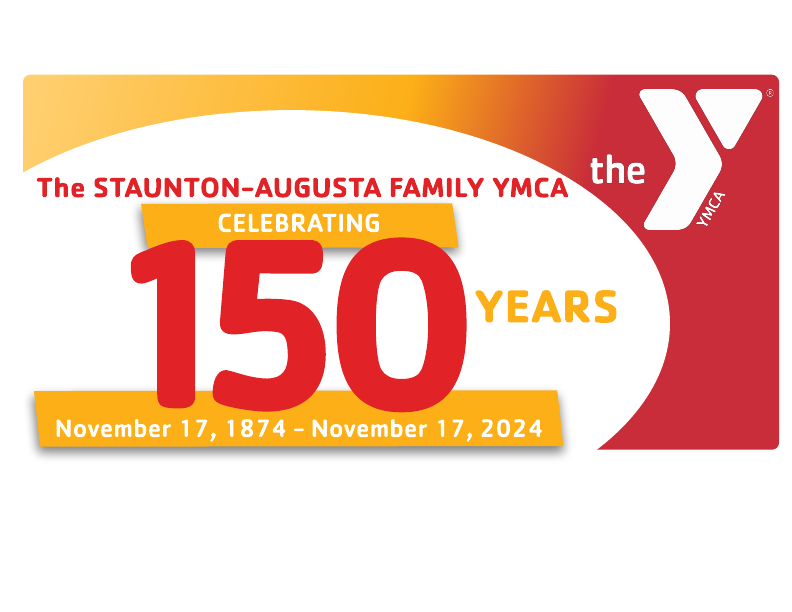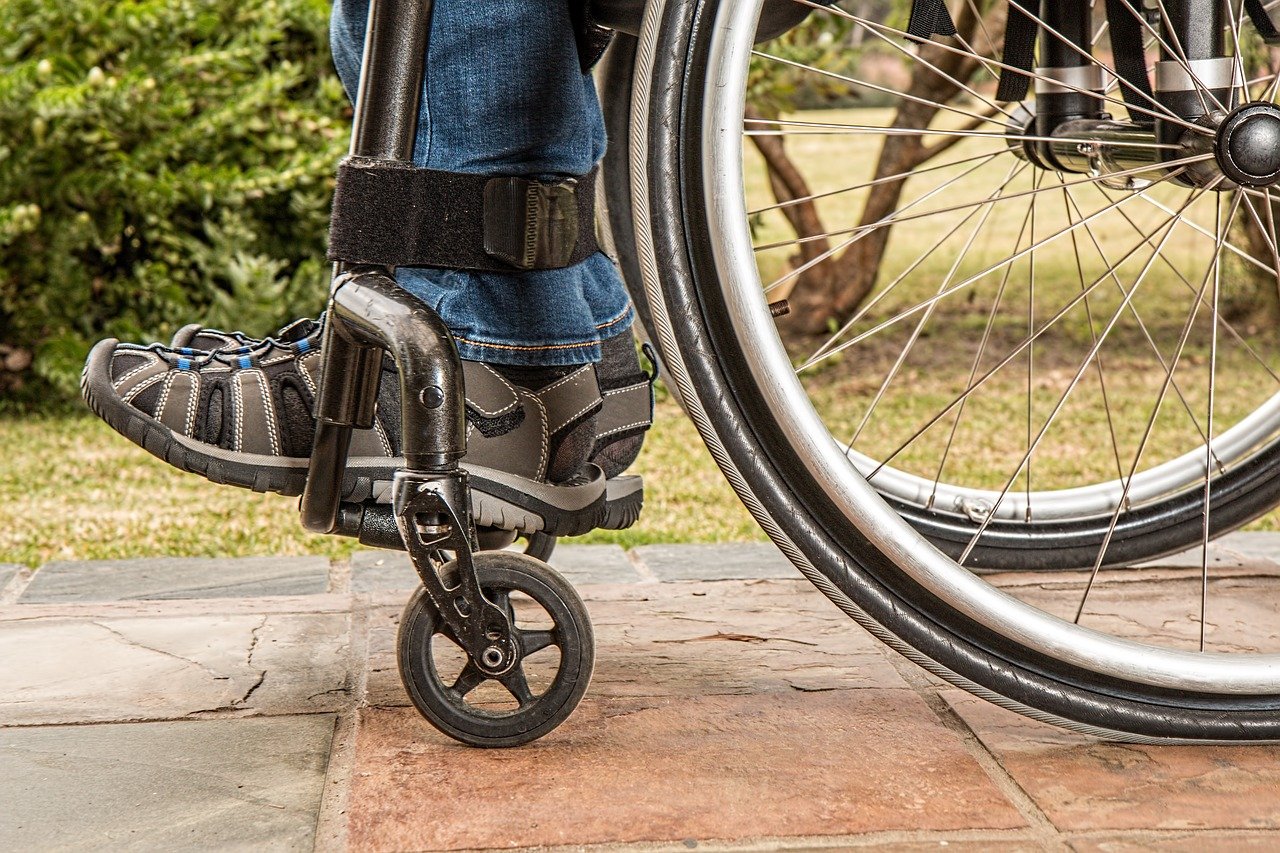Brian Ringgold’s college ring is fastened to his ring finger on his right hand, which rests on top of his Permobil M3 electric wheelchair.
For Ringgold – a tutoring monitor for the STAUNTON-AUGUSTA FAMILY YMCA’s SAW Tutoring Network – the Bridgewater College ring is more than a fancy piece of gold and crimson jewelry.
It’s a testament to his perseverance.
“I’m the first one in my family to go to college,” said Ringgold, who majored in psychology with a minor in neurology. “I take a lot of pride in that. More than anything, I realized that there are going to be obstacles, but if you set yourself up around the right people, you could overcome those obstacles.”
Overcoming obstacles is a subject in which Ringgold has a high level of familiarity.
It’s actually how his story begins.
“I was born at 25 weeks, and I only weighed one pound and six-and-a-half ounces,” Ringgold said. “I was a literally about the size of a hot dog. I came in fighting. I was in the NIC-U for three months before I could ever come home. If you start fighting for life at birth, you don’t forget how to fight when things get difficult. I think that has helped me overcome obstacles.”
OVERCOMER
Ringgold’s education in psychology had an emphasis on childhood development. It’s a passion of his, and a skill set he hopes to continue using at the YMCA.
His desire to understand childhood development is deeply rooted in his own story.
At 3-years-old, Ringgold was diagnosed with cerebral palsy.
“I wasn’t hitting my childhood milestones on time, and I would pick up things different than most other kids,” Ringgold said. “They had me tested, and ultimately that’s what I was diagnosed with.”
Ringgold also grew up in and out of foster care.
“For me, my foster care situation was I was in four different houses in seven months,” said Ringgold, who enjoys motivational speaking. “It wasn’t that great of a situation. Because of those experiences, in high school I joined the forensics team and put together speeches on how I thought the foster care system could change for a more positive outcome.”
NEGATIVE INTO A POSITIVE
Ringgold has a unique ability to find a positive in difficult situations.
On his way to interview for a youth development team position at the YMCA, he was involved in a car wreck.
“I stayed in contact with Mr. Eddie (Santiago) and different people here like (executive director) Josh (Cole), and they ultimately had a job for me when I was able to return from medical leave,” Ringgold said. “That’s something I was appreciative of, because most places won’t hold a job for you if you miss your interview.”
Ringgold isn’t nearly as appreciative as SAW Tutoring program coordinator Hillary Getsey is to be working with Ringgold.
“Brian has a huge heart, and Brian is here because he cares about kids,” Getsey said. “To me, that’s so meaningful. I know that he works in tutoring sessions to see how these kids are doing, not just if these kids are understanding. He’s trying to understand how they feel today. He’s such a good-hearted, hard-working person. His self-awareness is amazing. He’s just one of those people who’s always wanting to do his best. That just makes him awesome to work with as well.”
FAMILIAR FACES AROUND THE YMCA
A friend suggested that the YMCA might be a good place for Ringgold to apply his skills in the child development field.
Once he arrived at the Y, he recognized a familiar face.
That face belonged to YMCA board member Judy Briggs, also the woman responsible for bringing Rock Steady Boxing to the YMCA.
Briggs used to drive the school bus that took Ringgold to school.
“She and I go way back,” he said. “She’s known me since I’ve been in elementary school. She was around for a lot of my struggle; parents in and out of jail and me in and out of foster care. She’s always been someone I looked to for advice, more like a grandmother than a bus driver.
“If I was having trouble getting ready for school one day, she would wait a couple extra minutes while I could finish getting dressed,” Ringgold said. “Or she would bring something on the bus so that I could have breakfast before I got to school. Just little things like that you don’t realize make an impact in the moment, but you look back on it, you’re thankful for those moments.”
It’s been pure joy for Briggs to reunite with Ringgold at the YMCA.
“I remember how he persistent he was on making himself do things,” Briggs said. “I’m just really proud of him. I’m really proud. He’s worked really hard. I know the obstacles he’s had to go through in his life. I went through it with him just watching him go through it. He was always very dedicated to God, and he just has a great attitude.”
EQUITY
Ringgold remembers lobbying with his insurance provider about a seat elevator.
“One of the things I brought up is that when an individual goes grocery stopping, they like to pick out their own stuff,” he said. “Think about if you were in my position, you would want to do the same thing. I’m not asking for anything special. I’m just asking for reasonable life accommodations.”
It’s the same attitude he takes into employment.
“I just want opportunity to work,” Ringgold said. “And by that, I mean opportunity to progress within the Y. For me, that comes through hard work and dedication. To me, you have to make your own opportunities. But when I get an opportunity, I try to make sure I jump on that and show people that even though I have a disability, it doesn’t have to impede what I do.
“We can talk about accommodations, but I just want to demonstrate my equal ability and my hard work ethic more than anything.”
Ringgold feels like he can get that opportunity at the YMCA.
“If I had to sum the Y up in a word, it would have to be opportunity,” Ringgold said. “Being able to feel like you’re making an impact and have the opportunity to grow was an attractive part of becoming part of the Y.”
Watch Brian’s video here.



